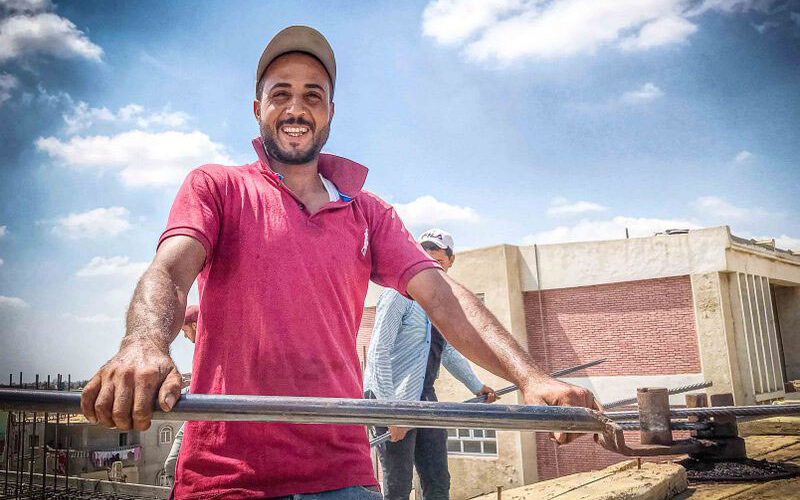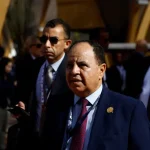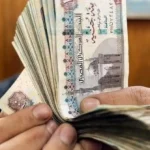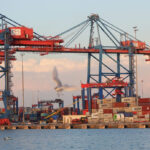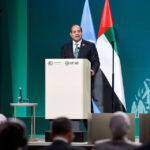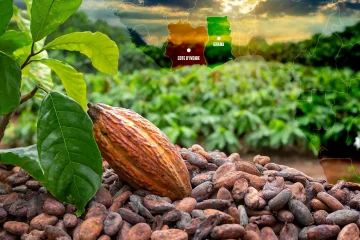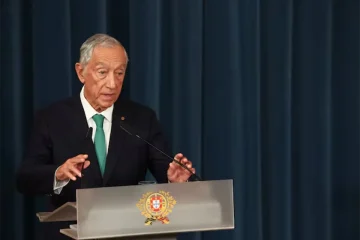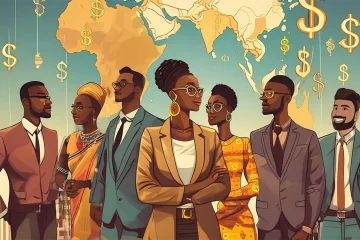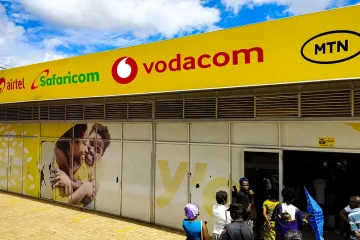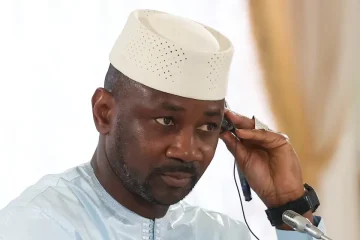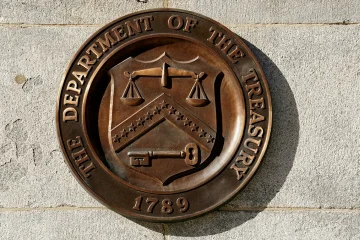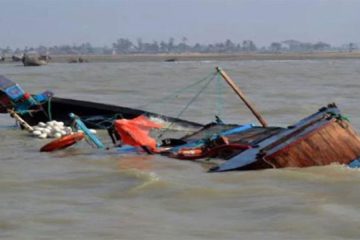IBRAHIM RIYAD
WHEN it comes to reaping the benefits of development, Egypt’s far-flung rural villages have always come last. Dusty and forgotten, many languished without even basic services. In January 2019, that began to change, thanks to a massive new social program.
The “Decent Life” initiative is “the largest national project witnessed by the Egyptian state in its history in terms of cost, number of villages and beneficiaries,” said Jamil Helmy, Assistant Minister of Planning for Follow-up Affairs of the Sustainable Development Plan.
According to Helmy, some 15.5 billion Egyptian pounds (around 1 billion US dollars) was spent on the initiative in just the past three years against a total of some 200 billion pounds (12.7 billion US dollars).
There is much to be done. In the countryside, roads, hospitals, schools, postal centres, water stations and service complexes for citizens, as well as the basic requirements for agricultural operations, have been neglected for decades – if not longer. The intervention calls for “immediate and urgent intervention to honour Egyptian citizens and keep their dignity and their rights to have a decent life”.
For those on the ground who have felt the initial impact – mostly in villages targeted by the early phases of the project – the changes have been considerable. The first phase targeted villages where over 70 percent of the population lived in poverty. More than 20 ministries and agencies and 23 civil society organizations are involved, with the aim also of encouraging Egyptian youth to volunteer on the project.
In Bahr al-Baqar village in the Sharkia Governorate, 158 km from Cairo, Mohamed Gamal, a young resident, told bird that what the villagers were seeing was “amazing. For the first time there is (government) interest in health, education and sports.”
After the increase in school facilities, according to Gamal, “one of the most important things that happen is lining the water channels with cement instead of the old condition that caused many diseases to the people of the village.”
The village – whose name means “sea of cows” was established in 1965 as part of the then government’s social and economic reforms which included redistributing land under agrarian reform laws, to provide land to landless peasants. While many of the programs of that time failed to deliver meaningful change, the area was also targeted by Israel air raids in the 1967-1970 “War of Attrition”. Subsequently, the village had sunk into disrepair. Now, the village looks very different.
“You will not find an area in the village that does not have construction and development,” Gamal said.
Builder Ahmed El-Sayed welcomed the employment opportunity and lauded the results of the initiative.
“We are working hard to complete the development and construction to facilitate life for the citizens in the village, and we are close to completing the schools in the village,” he said.
The project is upgrading houses by providing better roofs and building housing complexes in the villages most in need, and extending water connections, sanitation, gas and electricity inside the houses.
Financial initiatives including micro-businesses and cooperatives are also being introduced, while health services have been bolstered, including thrpugh mobile units that have also helped to combat COVID-19, as well as through subsidized food baskets.
Authorities are hoping the country will be able to hold up the project, officially inaugurated by Egyptian President Abdel Fattah al-Sisi in July, as a role model for other countries striving to achieve the United Nation’s sustainable development goals.
[origincode_photo_gallery_wp id=”56″]

